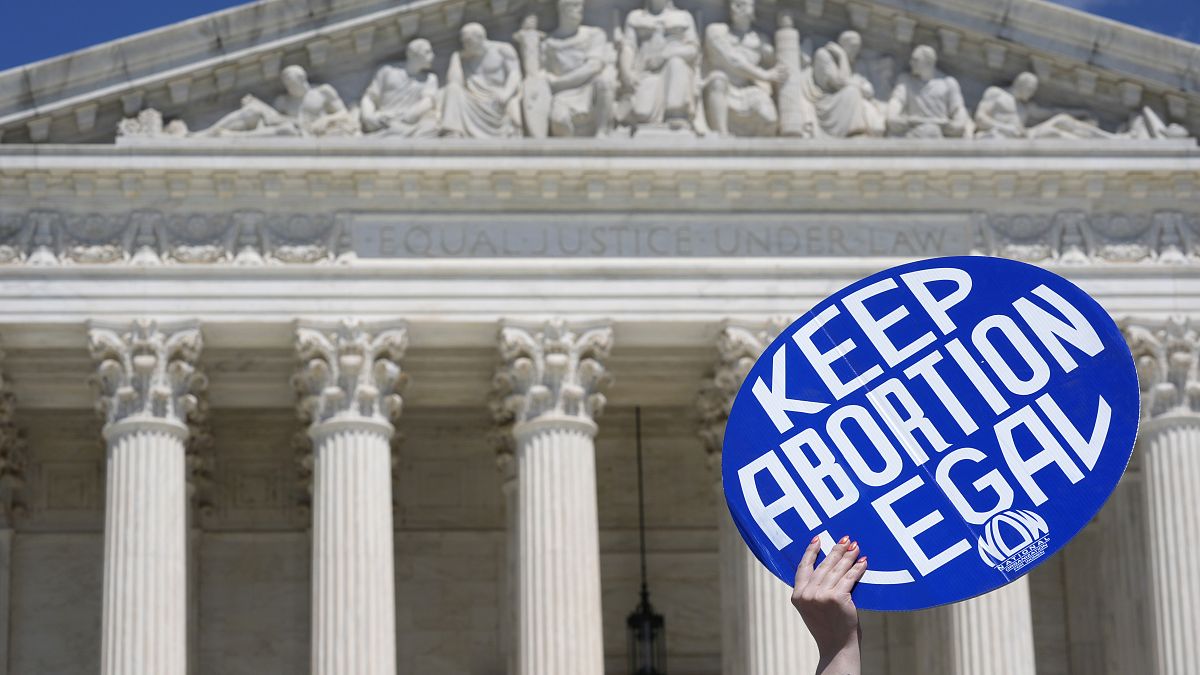On June 24, 2022, the landmark ruling in Dobbs v. Jackson Women’s Health Organization sent shockwaves through the United States, sparking legislative actions, protests, and lawsuits across the nation. Abortion rights have been heavily restricted in 14 Republican states and limited in three others as a result of this ruling. This has triggered a heated debate between those who support a woman’s right to choose and those who believe in the sanctity of life.
Following the ruling, there has been a significant increase in protests and advocacy efforts on both sides of the abortion debate. Supporters of reproductive rights have taken to the streets to voice their opposition to the restrictive laws being implemented in various states. On the other hand, anti-abortion groups have celebrated the ruling as a victory for the pro-life movement and have been actively lobbying for further restrictions on abortion access.
US Health and Human Services Secretary Xavier Becerra has played a central role in addressing the challenges posed by the Dobbs ruling. Speaking at a recent event, Becerra emphasized the importance of protecting women’s health and ensuring access to essential reproductive healthcare services. He highlighted the need for bipartisan cooperation to address the complex issues surrounding abortion rights and emphasized the importance of upholding constitutional protections.
The Dobbs ruling has also underscored the growing partisan divide in the United States when it comes to abortion rights. While Republican-led states have been quick to implement restrictive laws, Democratic-led states have taken steps to protect and expand access to abortion services. This division has raised concerns about the future of reproductive healthcare in the country and the impact it will have on women’s health and autonomy.
In response to the Dobbs ruling, advocacy groups and legal experts have filed numerous lawsuits challenging the constitutionality of the restrictive abortion laws being enacted in Republican-led states. These lawsuits aim to safeguard women’s rights and ensure that they have access to safe and legal abortion care. The outcome of these legal battles will have far-reaching implications for the future of reproductive rights in the United States.
As the debate over abortion rights continues to unfold in the wake of the Dobbs ruling, it is clear that this issue will remain a contentious and polarizing subject for years to come. The decision to restrict abortion access in certain states has profound implications for women’s health and autonomy, and it is essential that all stakeholders work together to find common ground and ensure that reproductive rights are protected for all individuals. Only through thoughtful dialogue and collaboration can we address the complex issues surrounding abortion and ensure that women have access to the healthcare services they need.











